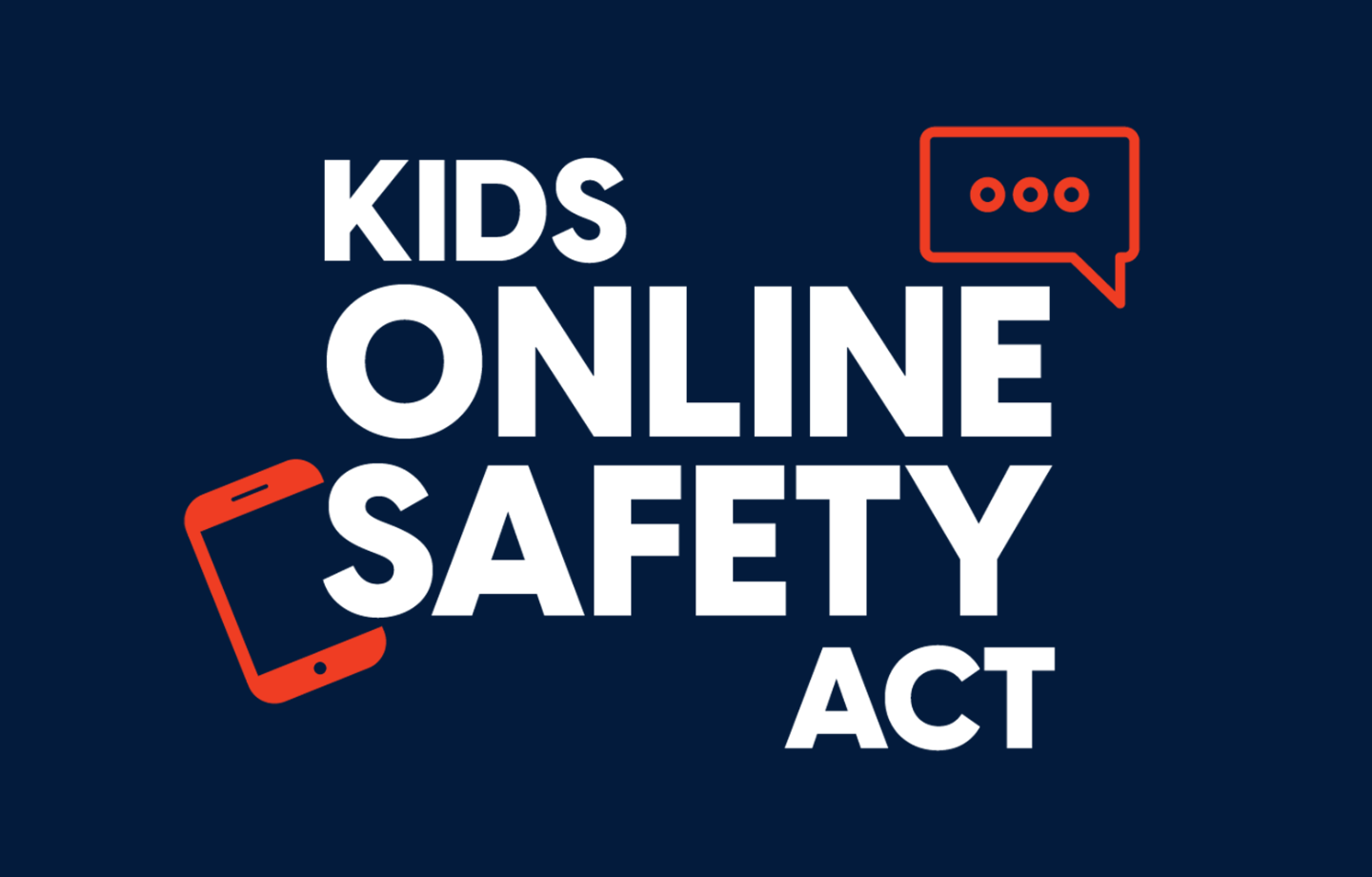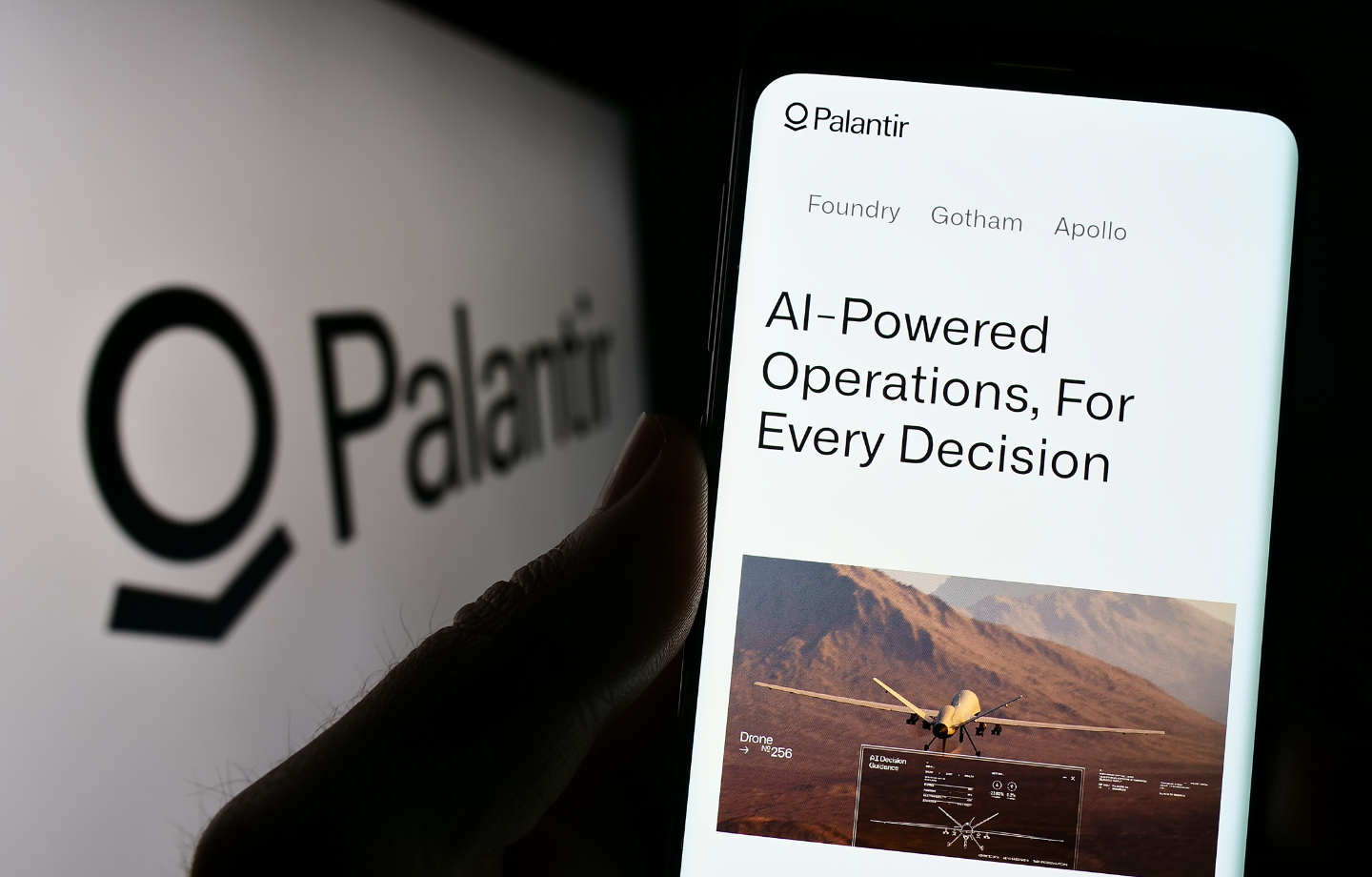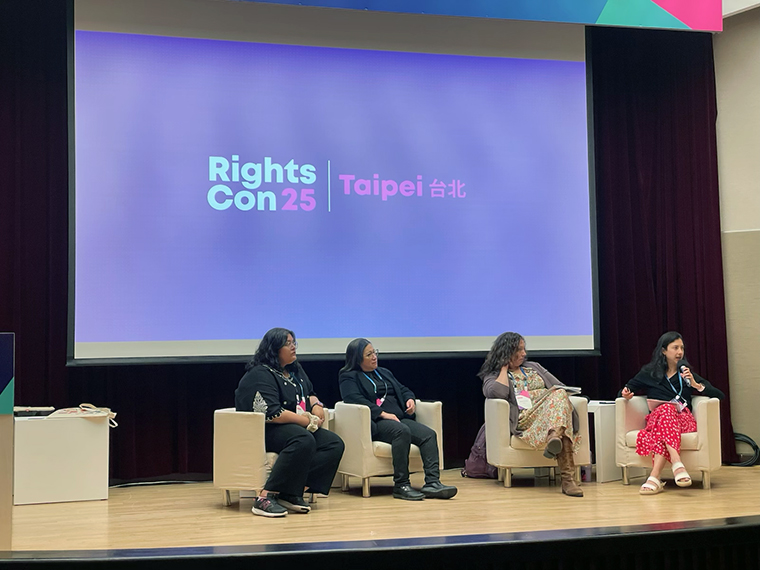U.S. Lawmakers Should Protect Online Privacy for Adults, Not Just Children and Teens

August 13, 2024
The U.S. Senate recently passed a landmark legislative package that would strengthen protections for young people on the Internet. Included were amendments to the Children’s Online Privacy Protection Act (COPPA), initially passed in 1998, which set rules for how Internet companies could collect and handle the personal data of children. (You can find my analysis of other portions of the legislation here.)
COPPA 2.0, as these amendments are collectively known, close important loopholes in the existing privacy protection regime for children under 13 and extend many of the same protections to teens. Among the most significant changes is an amendment to the definition of “personal information,” which expands the categories of data subject to restricted use by technology companies. The previous definition only included traditional personal identifying information such as name, address, telephone number, and Social Security number. The new definition includes unique biological characteristics like iris or retina imagery scans, facial templates, and gait patterns. These updates are necessary for privacy protections to keep pace with technological change in the 21st century.
As our Center’s recent report on 3D immersive technology explained, current law fails to protect most people from exploitative use of their most intimate and sensitive personal data. In particular, the technologies powering the “metaverse,” which include virtual and augmented reality devices, function by collecting and processing large quantities of bodily data such as eye gaze and limb movements. But the technology poses serious risks to privacy because biological data can be used to infer sensitive behavioral and psychological information about individuals. We recommended that the government update its definition of “personal identifying information,” or PII, to encompass all types of body-based data. COPPA 2.0’s inclusion of “information generated from the measurement or technological processing of an individual’s biological, physical, or physiological characteristics” is a welcome change.
But children and teens are not the only ones whose biological data is at risk of exploitation. Adults need these protections, too. The federal government should advance comprehensive federal privacy legislation to safeguard all consumers’ personal data, including body-based data. As we wrote in the report, 3D technologies are steadily advancing and becoming increasingly affordable, attractive, and accessible to the general public. An immersive 3D web is coming, and we need to prepare for it.
 Technology & Democracy
Technology & Democracy


